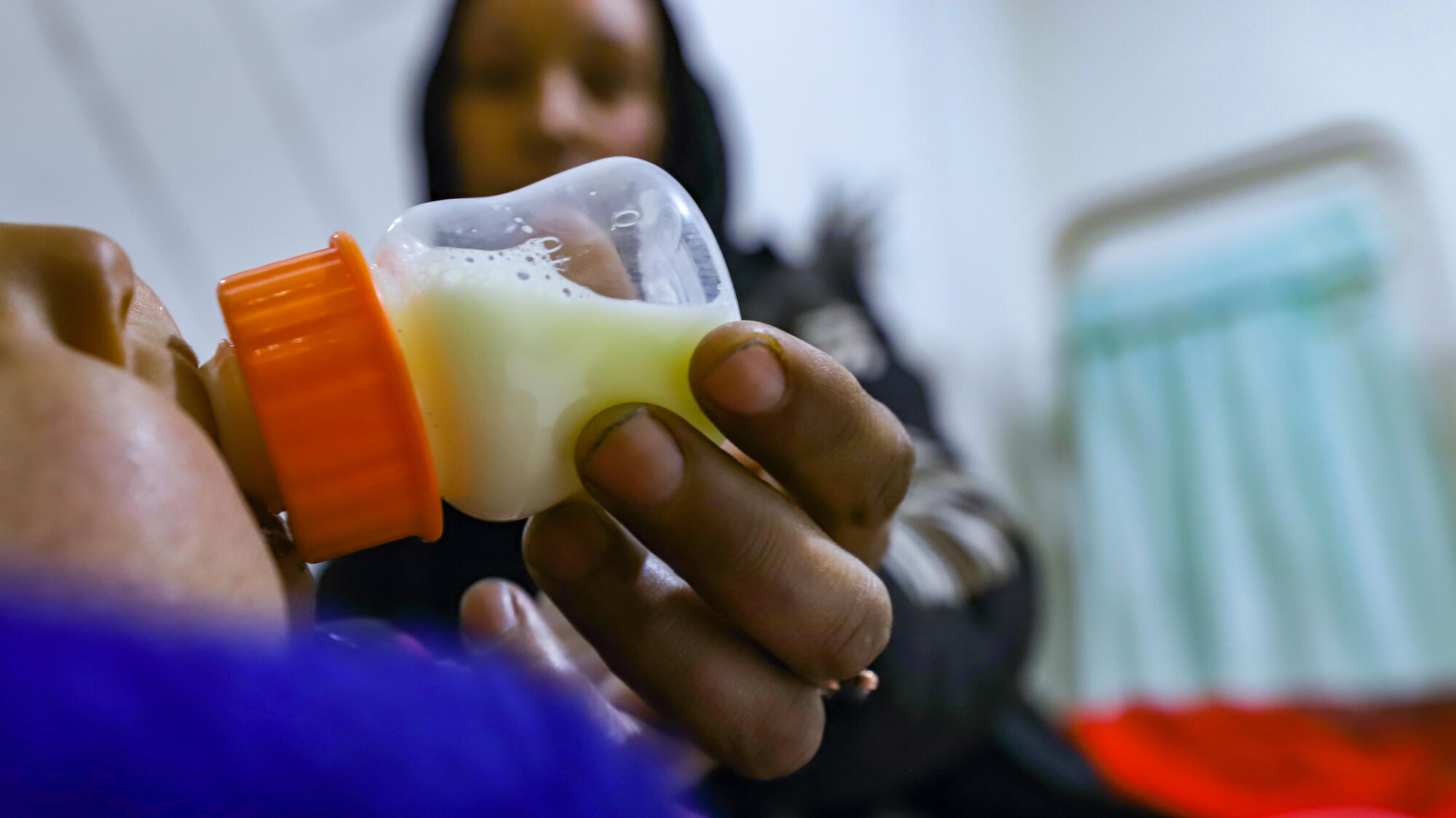
Doctors Without Borders and the World Health Organization (WHO) are warning of a worsening humanitarian situation in Syria as millions face mounting shortages of health care, water and food. The alerts come amid dwindling aid and the strain of prolonged economic collapse and climate pressures across the country.
Health Care in Crisis
Doctors Without Borders said in a statement that residents of northeastern Syria are struggling to access basic services, including medical care. A June field assessment in Hasakah governorate that included interviews with over 150 families found that 90% had postponed or avoided treatment because of high costs, long distances or lack of transportation.
The organization reported that 85% of households had at least one member suffering from a noncommunicable disease such as diabetes or hypertension, adding pressure to an already weakened health system. The group is supporting clinics in Hasakah and Raqqa that specialize in treating these chronic conditions.
WHO said the situation is deteriorating as aid funding declines. Acting WHO representative in Syria Christina Bethke told reporters in Geneva that 417 health facilities were affected by cuts this year, while 366 reduced or suspended services. She said 7.4 million people have already lost access to treatment or medicine.
According to WHO data, 13,700 births occurred without skilled medical staff in recent months, while shortages have disrupted 210,000 medical referrals and 89,000 mental health consultations. Only 58% of hospitals and 23% of primary health centers remain fully operational.
Water Scarcity and Exploitation
Doctors Without Borders also warned that water shortages are deepening across northeastern Syria, where climate change, damaged infrastructure and competing control over water sources have left many communities vulnerable. The Alouk water station, which supplies nearly 1 million people, has faced repeated shutdowns since 2019, forcing residents to rely on unsafe alternatives.
The organization’s survey found that only 37% of households have enough water for daily use. It also reported that women, who often bear the burden of collecting water, face exhaustion and harassment, with some cases of sexual exploitation by water sellers.
To ease the shortage, the group said it rehabilitated 12 wells and helped repair the Al-Aziziyah and Al-Hamma pumping stations in Hasakah, though long-term stability depends on restoring the Alouk facility.
Funding Gaps and Food Insecurity
The WHO warned that Syria’s health sector faces a $77 million shortfall in its $141.5 million appeal for 2025, part of a wider $565.5 million plan that is only 20% funded. Bethke said hospitals in Hasakah and Deir Ezzor may shut down by year’s end without renewed support, leaving hundreds of thousands without care.
Meanwhile, economic collapse has worsened hunger. Doctors Without Borders said the average family income in northeastern Syria is around $150 per month, and 77% of families report food shortages several times each month.
Program chief Barbara Hessel described the crisis as “a daily collapse of people’s ability to live in dignity.” Both organizations urged donors and authorities to increase funding and coordination. “Maintaining health services today is the bridge to Syria’s recovery and stability tomorrow,” Bethke said.








